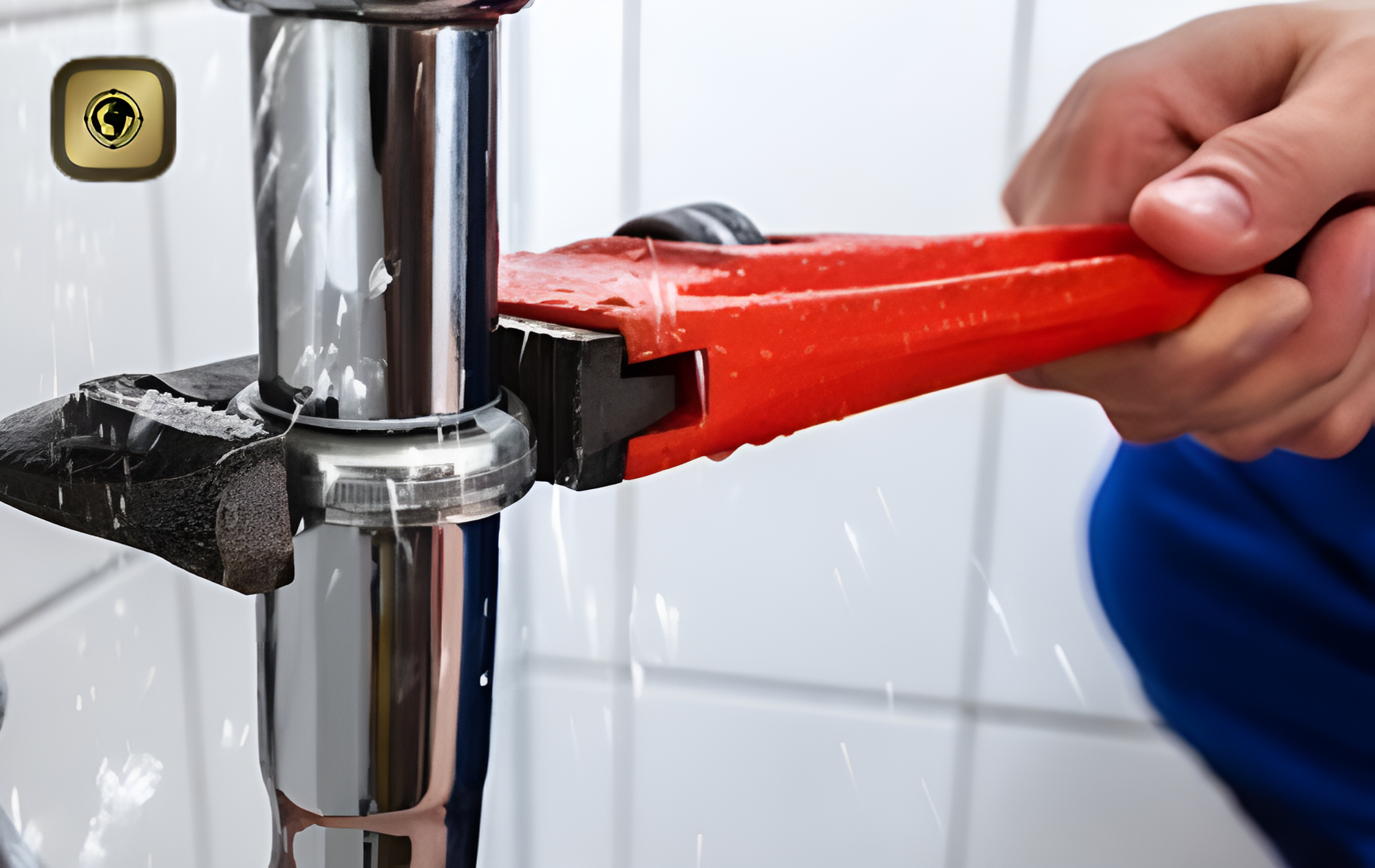March 31, 2025
- Maybe yesterday was wonderful, but just imagine if today you woke up to find that your day is becoming a worst nightmare. Won’t that diminish your excitement for work and your plans? It will, right? Here, it’s regarding the plumbing issues you have neglected for many years that have caused unwelcome distress with a bad mood. The problems consist of a pipe that has started leaking, a toilet that’s not flushing, a sewer line backing up, and a clogged drain.
Does homeowner’s insurance cover plumbing and leaks?
Occasionally, home insurance may cover your expenses, and at times it may not! It all hinges on the policy you possess! So, let’s explore this matter:
• Not unexpected:
If a pipe in your residence has been leaking for several months or perhaps even a year, that indicates it has rotted or developed mould, so it will not be included under a homeowners insurance policy as it was not sudden and unexpected.
• Caused by an exclusion:
Damage to your sewage systems and pipes due to earthquakes and floods is excluded and will not be the responsibility of your carrier to cover the damages. However, you can include a rider to the existing policy to be covered under these exclusions.
• The issue is not on your property:
If the public sewage system is the reason behind the damage to the pipes or sewage backup, it isn’t covered by the insurance because the root cause is not on your property.
Types of Plumbing Problems Covered
• If caused suddenly:
In most situations, homeowner’s insurance covers your plumbing-related damage if it’s ‘sudden and unexpected. ‘ If there is a sudden freeze or burst in your home’s pipe, resulting in water seeping out and damaging your floors, carpet, and walls, your insurance will take care of the cleaning and repairs.
• Due to an unnatural cause:
If a fire damages your home’s plumbing system, the insurance will cover the expense, as it is not a natural disaster, like floods and earthquakes.
• If the issue is at your place:
If your residence is not the source of the problem, homeowner’s insurance will not provide coverage. For example, if you ventured down to your basement and discovered a sewage backup, the standard homeowner insurance would address the issue. However, there is one condition to this: If the sewage backup was due to a problem in your home’s sewage system, it is covered, but not if the source was a public sewage system.
Exclusions and Limitations
Above are the reasons plumbing issues are covered, but now it is essential to comprehend when they are not covered:
• If your house pipe is old or has wear and tear:
You should take care of your plumbing system maintenance, just like the other areas of your home. As your plumbing system ages, house pipes will experience wear and tear, such as rust, corrosion, or occasional leaks. These issues do not get covered by homeowner insurance.
• Plumbing issues due to ignorance:
The insurance will not cover plumbing damages if they are your responsibility. For instance, the insurance will not pay for damages if you take your favorite vacation but forget to turn off your heating for about a week during the winter.
• Plumbing issues resulting from poor installation:
If a washing machine or appliance is incorrectly set up in your home, an unexpected water leak can damage your property. In this scenario, the homeowner’s insurance will not compensate for the resulting damage.
• Water or sewage backup:
The insurance will not cover repairs or damages if the public sewage system causes the water backup in your home’s plumbing. However, you can include a rider that addresses this kind of damage.
Filing a Plumbing Insurance Claim
Steps for submitting an insurance claim:
Be prepared with the documentation:
• Insurance policy number:
Your insurance provider will request your policy number, so have it ready.
• Details of the damage:
The required documents include videos, photos, and professional assessments. Therefore, the more information you have, the more robust your claim will be.
• List of damaged items:
You need to compile a list of all the damage done to your property, with the value and purchase date of each item included.
Communicate with your insurance company.
• Contact immediately:
Contact your insurance provider right away after the damage occurs to initiate the claim process. This can be done through mail, online portal, mobile app, or phone.
• Provide detailed information:
Inform the insurer about the damage caused by the pipe leak and the actions you took during the incident.
What occurs when the insurance adjuster visits?
• Schedule an appointment:
An adjuster will be dispatched to your home by your insurance provider, so ensure you are available at that time.
• Inspection:
The adjuster will assess the damage and review your documentation to determine the extent of the leak’s effects.
• Next steps:
You will be compensated according to the scheduled timeline for the following steps.
Thus, the question, “Does Homeowner Insurance Cover Plumbing? ” has been thoroughly clarified without leaving any uncertainties.
Conclusion:
Homeowner insurance does cover the damage caused by pipe leaks, but under certain conditions, as specific situations need to be met for this to apply. For example, the type of homeowner insurance you possess, the plumbing issue you are experiencing, and the cause of that issue will influence whether you have coverage. The insurance will not cover damage if the cause of the damage is not on your property; this includes wear and tear due to age, improper installation, floods, earthquakes, and defects.
Disclaimer: The information above is for illustrative purposes only. For additional details, please consult the policy wording and prospectus before finalizing any sales.



Leave A Comment